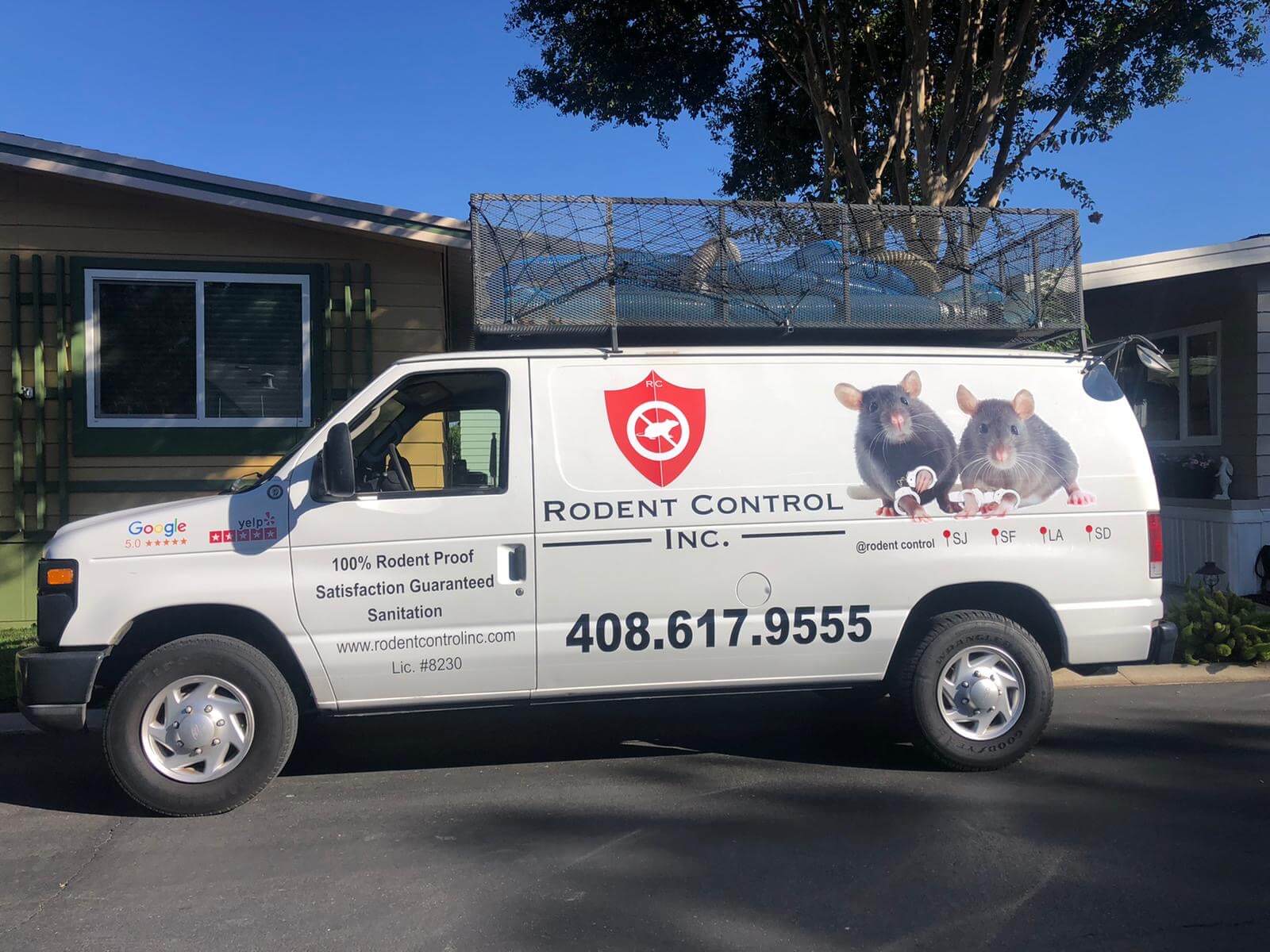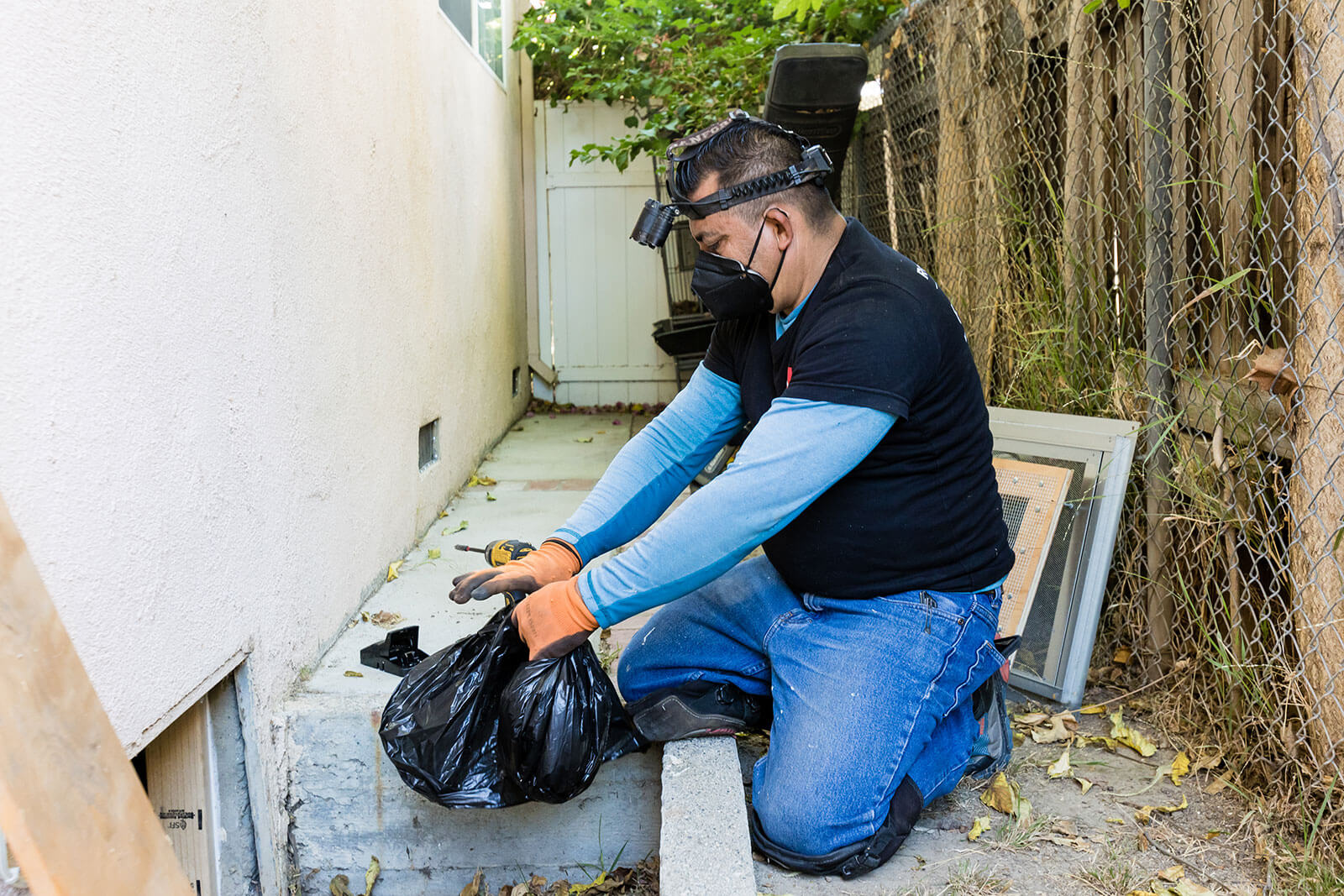Introduction
Mice have a way of sneaking into our homes and businesses, often unnoticed until it’s too late. These little critters can cause significant damage to property, contaminate food, and even pose health risks through their droppings and urine. If you're in search of effective methods to keep these unwelcome guests at bay, you've come to the right place! In this comprehensive guide titled Mice Control 101: Effective Strategies from the Experts, we'll explore various professional techniques that rodent control experts have perfected over the years. From understanding mouse behavior to implementing preventative measures, this article will serve as your go-to resource for effective mice control.
Table of Contents
Understanding Mice Behavior- 1.1 The Life Cycle of Mice 1.2 Common Species Found in Homes 1.3 Why Mice Invade Homes
- 2.1 Droppings and Urine 2.2 Gnaw Marks 2.3 Noises at Night
- 3.1 Traps: Types and Effectiveness 3.2 Baits and Poisons 3.3 Natural Repellents
- 4.1 Sealing Entry Points 4.2 Proper Food Storage 4.3 Decluttering Your Space
- 5.1 Signs You Need Professional Help 5.2 Choosing a Reliable Rodent Control Service
- 6.1 Local Challenges with Mice 6.2 Expert Services Available
Understanding Mice Behavior
The Life Cycle of Mice
Understanding the life cycle of mice is essential for effective control measures since it enables you to anticipate their behavior and reproduction rates.
- Gestation Period: Female mice typically have a gestation period of about three weeks. Litter Size: Each litter can consist of up to twelve pups. Sexual Maturity: Baby mice reach sexual maturity within six weeks, leading to rapid population growth.
This impressive reproductive capability makes early detection crucial in any mice control strategy.
Common Species Found in Homes
Several rodentcontrolinc.com species of mice are notorious for invading homes:
- House Mouse (Mus musculus): The most common household invader; small with a pointed nose. Deer Mouse (Peromyscus maniculatus): Known for its large eyes and ears; often found in rural areas.
Each species has unique habits that require tailored approaches for effective control.
Why Mice Invade Homes
Mice are attracted to homes primarily for food, water, and shelter:
- They can squeeze through tiny holes (as small as a dime) seeking warmth during colder months.
Understanding these motivations can help homeowners take preventive steps against infestations.
Signs of a Mouse Infestation
Droppings and Urine
One of the first signs homeowners notice is mouse droppings—small, dark pellets often found near food sources or nesting areas.
Gnaw Marks
Mice have strong teeth capable of gnawing through wood, plastic, and even electrical wiring—check for gnaw marks around potential entry points.
Noises at Night
If you hear scurrying or scratching sounds at night while everything else is quiet, it might be time to investigate further.
Mice Control Techniques
Traps: Types and Effectiveness
Using traps is one of the most direct ways to control mice populations.
- Snap Traps: Quick kills but require careful placement. Glue Traps: Less humane but useful for monitoring mouse activity.
Choosing the right type based on your specific situation is key to success.
Baits and Poisons
Rodenticides are another option but should be used cautiously due to potential risks for pets or children.
- Always follow label instructions carefully when using poisons.
Natural Repellents
Consider natural alternatives such as peppermint oil or ultrasonic devices that deter mice without harming them or your loved ones.

Preventative Measures
Sealing Entry Points
The best offense is a good defense—start by sealing cracks and holes around your home with materials such as steel wool or caulk.
Proper Food Storage
Store food in airtight containers; avoid leaving pet food out overnight as this can attract unwanted guests.
Decluttering Your Space
A tidy home is less appealing to rodents—reduce clutter where they may find hiding spots or nesting materials.
When to Call Rodent Control Experts
Signs You Need Professional Help
Are you struggling with persistent mouse problems despite taking DIY measures? It might be time to call in professionals who specialize in rodent control services near me.
Choosing a Reliable Rodent Control Service
Look for companies that offer guarantees on their work and consult customer reviews or ask friends for recommendations before making your choice.
Rodent Control in Los Angeles
Local Challenges with Mice
Los Angeles has unique challenges due to its urban environment; high-density living often leads to increased sightings of rodents looking for easy shelter and food sources.
Expert Services Available
Fortunately, numerous rodent control experts operate within Los Angeles offering specialized services designed specifically for urban settings where traditional methods may not suffice.

FAQs About Mice Control
Q1: How do I know if I have a mouse problem?
A1: Look for droppings, gnaw marks, or unusual noises during nighttime hours as indicators of an infestation.
Q2: Are traps better than poison?
A2: Traps offer immediate results without the risk posed by poison; however, each method has its pros and cons depending on specific situations.

Q3: Can I prevent mice from entering my home?
A3: Yes! Sealing entry points, keeping food stored properly, and maintaining cleanliness are critical steps in prevention efforts.
Q4: What are natural ways to repel mice?
A4: Essential oils like peppermint oil can deter them; consider using ultrasonic repellents designed specifically for pest control too!
Q5: When should I call pest control?
A5: If you see signs of significant activity despite DIY efforts or if health concerns arise due to contamination from droppings/urine, it's best to consult professionals immediately!
Q6: How much does rodent control cost?
A6: Costs vary widely based on service providers but expect anywhere from $100-$500 depending on severity levels & treatments needed!
Conclusion
In closing, managing a mouse infestation requires knowledge about their behavior coupled with proactive measures tailored specifically toward prevention and eradication strategies outlined above—all part of our comprehensive guide titled “Mice Control 101: Effective Strategies from the Experts.” By implementing these practical tips alongside expert advice on when it’s best left up to professionals like rodent control services nearby you’ll not only protect your property but also reclaim peace within your home! Don't wait until it's too late—take action today!